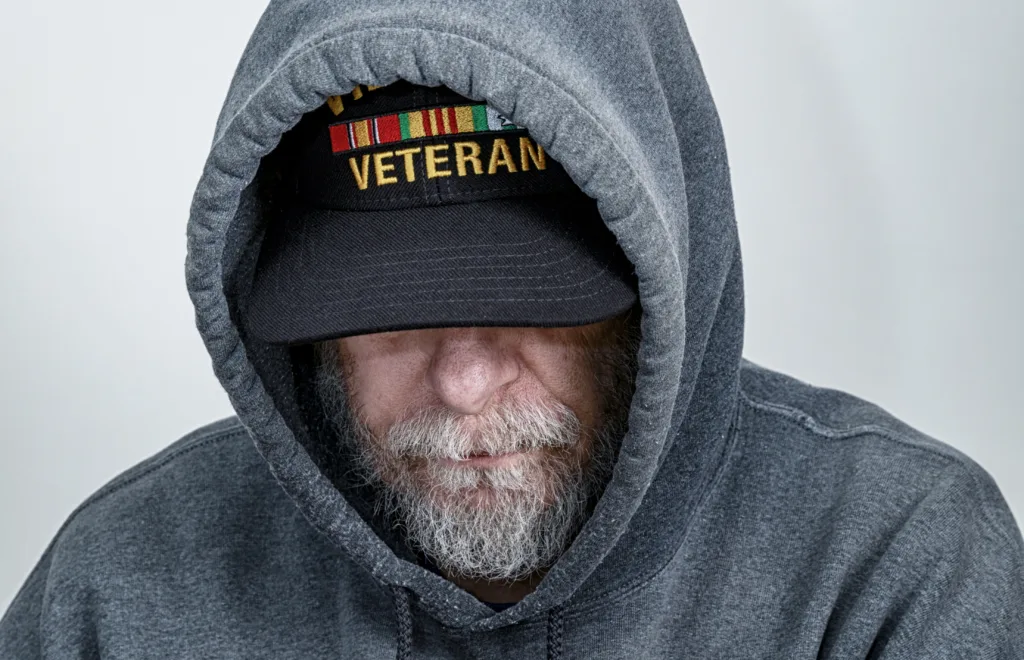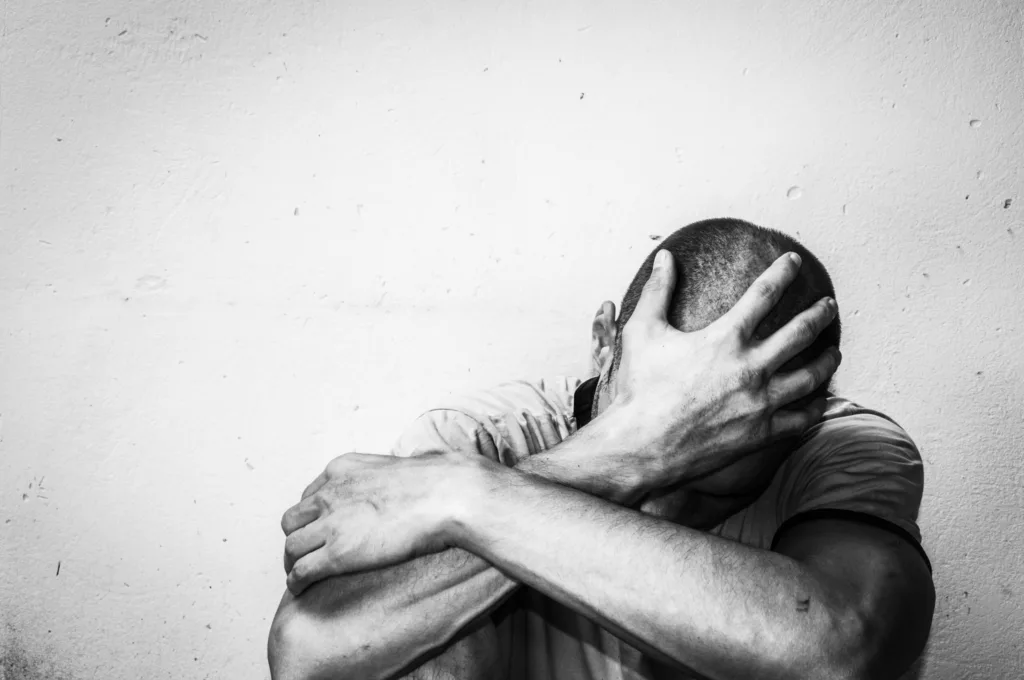Effective Addiction Treatment Methods for Veterans

Veterans face numerous difficulties after their time in the military comes to an end. Whether it is the complications of readjusting to civilian life, handling the tension of post-traumatic stress disorder or battling a pre-existing substance use disorder, the challenges these men and women face are not easy.
Thankfully, there is hope for these veterans and their families. Treatment programs offer numerous resources to individuals struggling with substance abuse and any co-occurring mental health concerns to give these veterans their best chance at recovery and peace after their years dedicated to military service.
Understanding veteran addiction
Addiction is a common theme in the veteran community, but why? What causes so many veterans to struggle with mental health and, subsequently, addiction?
Well, there’s no one cause of addiction, as each man and woman who served in the military has a different story, different pre-existing conditions and varying genetics (which also play a crucial role in the development of an addiction).
But certain aspects of the military may predispose individuals to developing a substance use disorder, including:
- Being involved in active combat
- Suffering the loss of a friend or colleague in active duty
- Having a pre-existing mental health condition, such as depression, which may predispose one to developing an addiction
- Feeling an increased sense of loneliness being back in a civilian community
- Suffering from the effects of PTSD
In fact, veterans with PTSD are statistically more prone to developing a substance use disorder (SUD). According to the VA, 2-out-of-10 veterans with PTSD also present with an SUD, making PTSD one of the leading causes for the development of an addiction.
Substance abuse treatment programs for veterans
The good news is that even though addiction is a challenging health condition to overcome, recovery is possible with the right treatment program. Luckily, many treatment facilities understand the challenges veterans face in regards to mental health and have treatment modalities designed to address the unique needs and challenges of the veteran population.
Acceptance and commitment therapy (ACT)
Acceptance and commitment therapy (ACT) empowers veterans to process difficult experiences and let go of harmful thoughts and emotions surrounding those experiences without forgetting or dismissing what they’ve been through. ACT gives them the strength and mental stamina to stop avoiding discomforting stressors and instead address negative emotions head on.
The benefits of ACT are numerous, including regaining control over emotions, behavior and mood; increasing resilience; and learning to use mindfulness to appropriately respond to the everyday challenges of life.
Cognitive behavioral therapy (CBT)
Cognitive behavioral therapy (CBT) is a type of talk therapy emphasizing the importance of the relationship between thoughts and feelings. CBT helps individuals identify and correct unhelpful or false core beliefs, change thought processes, and replace negative self-talk with more constructive alternatives.
In addition to reducing or managing unwanted symptoms, CBT benefits those struggling with addiction to develop coping skills which reduce unhelpful behaviors rooted in negative beliefs or emotions.
Dialectical behavior therapy (DBT)
Unhelpful behaviors and thought patterns can derail self-confidence, personal progress and even our own identity. Dialectical behavior therapy (DBT) allows veterans to address the thoughts and actions standing between them and progress toward a healthier life.
The four core principles of DBT (distress tolerance, emotional regulation, interpersonal effectiveness and core mindfulness) all work together to give veterans the ability to change their perceptions to accommodate the behavior changes they wish to see.
Individual, group and family therapy
Depending on your personal needs and goals, you may be a good candidate for individual, group and/or family therapy. Individual therapy allows you the space to work one-on-one with a counselor to address specific concerns in a safe, judgment-free space.
Group therapy gives veterans the ability to grow in empathy and self-compassion while learning from the shared experiences of other men and women. It also builds a sense of community, a vital aspect to the recovery journey.
And family therapy gives veterans the chance to address concerns and goals with their family to help rebuild any broken bonds addiction may have caused.
Mindfulness
Mindfulness is flexible and deliberate attention to one’s experience as it happens. When we are mindful, we maintain ongoing, nonjudgmental contact with both psychological and environmental events as they occur.
By practicing mindfulness, veterans are able to grow in self-compassion, resilience and internal peace (mindfulness is proven to reduce stress). When used in conjunction with other treatment modalities, you can effectively change the way your brain processes and responds to information, including stress, triggers and cravings.
Holistic and experiential therapies
In addition to mindfulness practices, other holistic (mind-body) therapies used in conjunction with talk therapy can help veterans achieve that entire body (mental and physical) recovery and healing. Practices like yoga, meditation, breath-work and drumming have been proven to increase overall wellness, promote sensations of peace and relaxation and strengthen resilience.
Addiction impacts more than just the physical body, it actually alters chemical reactions in the brain as well. This is why holistic practices are crucial for complete recovery as they allow the healing of the entire person to occur.
Help for veterans dealing with addiction
If you need help, or have a family member struggling with substance abuse, contact us online to learn more, or get in touch with our admissions team by calling 814-631-5676.



